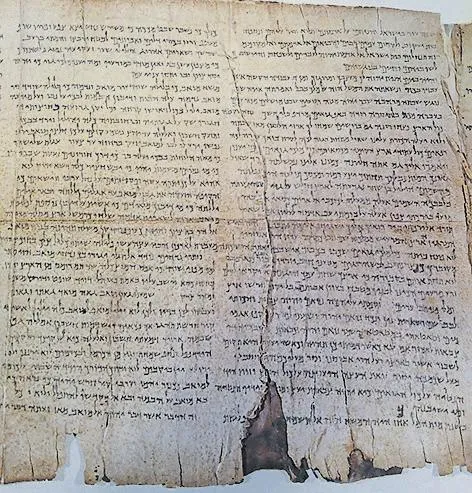The Museum of the Bible has recently announced that 16 fragments in its collection that it had thought to have been examples of the famous Dead Sea Scrolls are forgeries. Steve Green, the owner of American chain Hobby Lobby, is the major financial backer of the museum and significant money was paid to acquire the fragments.
The authentic Dead Sea Scrolls came to light in 1946 when Bedouin boys found ancient biblical manuscripts from the first century hidden in a cave in the Judean wilderness. Subsequent excavations have identified 12 caves, thousands of fragments and 900 manuscripts. These include sections of almost all books of the Old Testament and many other religious writings as well. The scrolls are of enormous value in providing evidence for the reliability of the copying tradition of the Bible.
However, the scrolls that were discovered are only a fraction of the original writings. They are thought to be the library of a Jewish group living at Qumran near the Dead Sea. Other scrolls were probably lost, stolen, decayed or remain to be found. In 2018, new caves were found in the region that had once stored scrolls but had evidently been looted about 40 years ago. Such scrolls probably made their way on to the black market.








